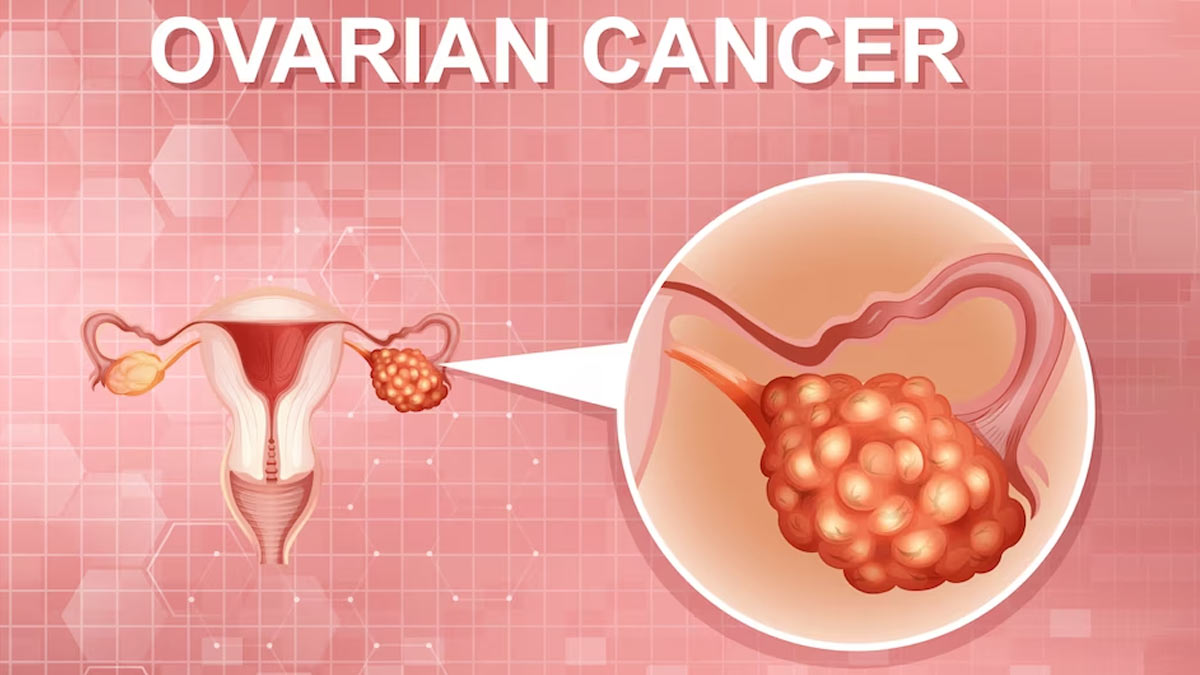
Ovarian cancer is a silent illness that affects the ovaries, the female reproductive organs in charge of egg production. It is the fifth most common cancer among women, but it often goes unnoticed until it has spread to other parts of the body. As a woman, it is essential to be aware of the various risk factors associated with ovarian cancer to make informed decisions about your health. In this article, Dr Rubina Shanawaz, Consultant Gynecologist, Fortis Hospital, Cunningham Road, Bangalore, shed light on it.
Table of Content:-
Ageing

According to Dr Shanawaz, "Women who are over 50 years of age are more likely to develop ovarian cancer, with two-thirds of diagnoses occurring in women aged 55 or older."
Family History
Another crucial risk factor is family history. Dr Shanawaz said, "Women who have a history of breast cancer, ovarian cancer, or colorectal cancer in their families are at higher risk of developing ovarian cancer." She added that women with a first-degree relative, such as a mother or sister, with ovarian cancer have an increased risk of developing the disease. Inherited genetic mutations can also increase the risk of ovarian cancer.
Also Read: Dancing Through Chemotherapy: Kathak Artist’s Battle with Ovarian Cancer
Hormone Therapy

Hormone therapy can also play a role in the development of ovarian cancer. Dr Shanawaz added, "Women who take estrogen alone as Hormone Replacement Therapy (HRT) for more than five years may have an increased risk of ovarian cancer."
Obesity
"Women who are overweight or obese have a higher risk of developing ovarian cancer than women who are of a healthy weight," said the doctor. "This may be due to the fact that obesity increases the levels of certain hormones, which can contribute to the development of ovarian cancer," she added.
Endometriosis
Endometriosis, a condition in which the tissue that usually lines the uterus grows outside of it, can also increase the risk of ovarian cancer, as per Dr Shanawaz.
Also Read: 5 Signs of Ovarian Cancer You Should Watch Out For Early Detection
Smoking

"Women who smoke have a higher risk of developing ovarian cancer than women who do not smoke," Dr Shanawaz said.
Infertility
Infertility or having never given birth may also slightly increase the risk. Additionally, using talcum powder in the genital area may increase the risk of ovarian cancer, according to a study published by the European Journal of Cancer Prevention.
Conclusion
In the end, Dr Shanawaz said, "While having one or more of these risk factors does not guarantee that a woman will develop ovarian cancer, it is vital to be aware of them to make informed decisions about your health." She added that regular screening and talking to your doctor about any concerns could help detect ovarian cancer in its early stages when it can be treated more easily.
Image Credits: freepik
Also watch this video
How we keep this article up to date:
We work with experts and keep a close eye on the latest in health and wellness. Whenever there is a new research or helpful information, we update our articles with accurate and useful advice.
Current Version